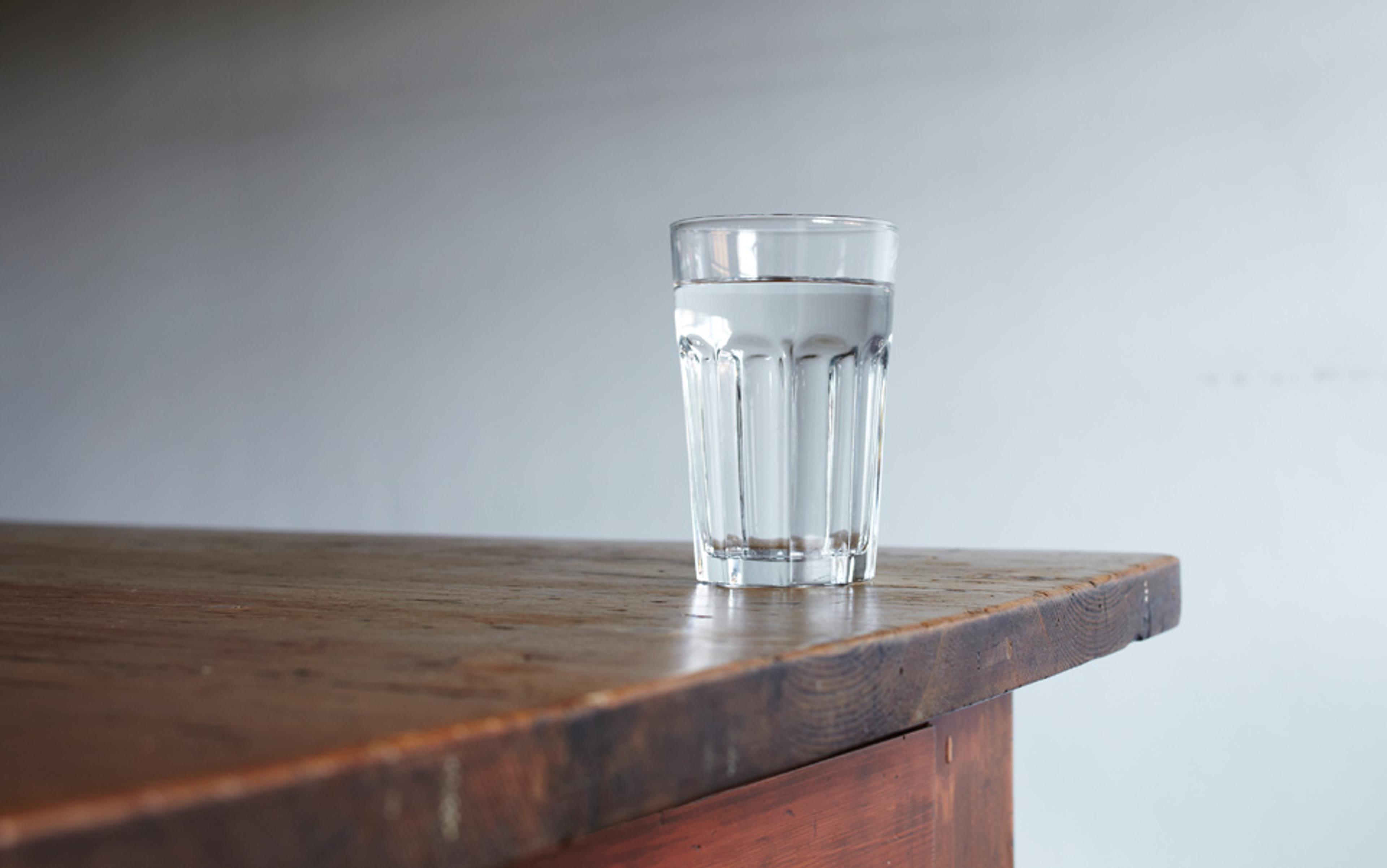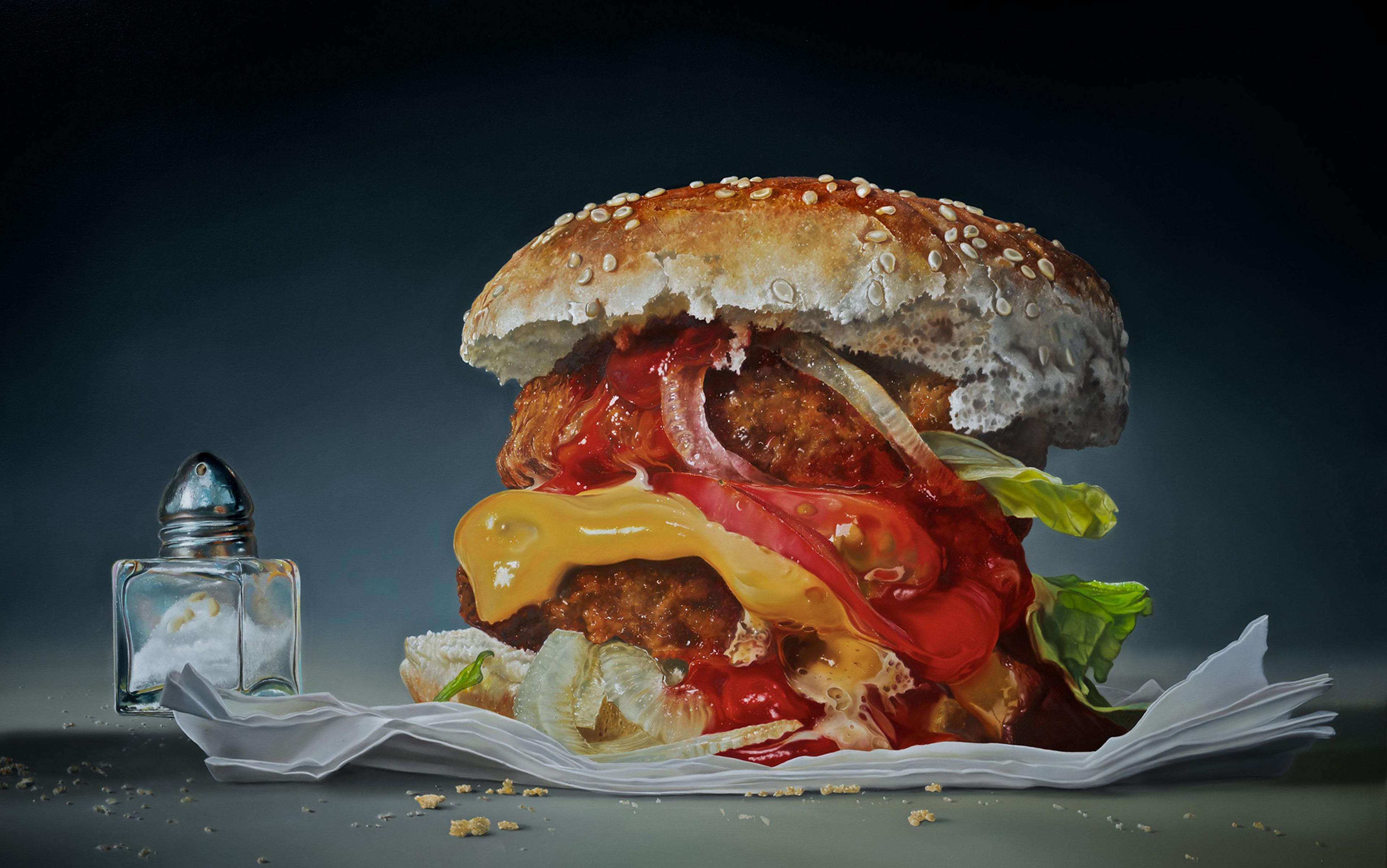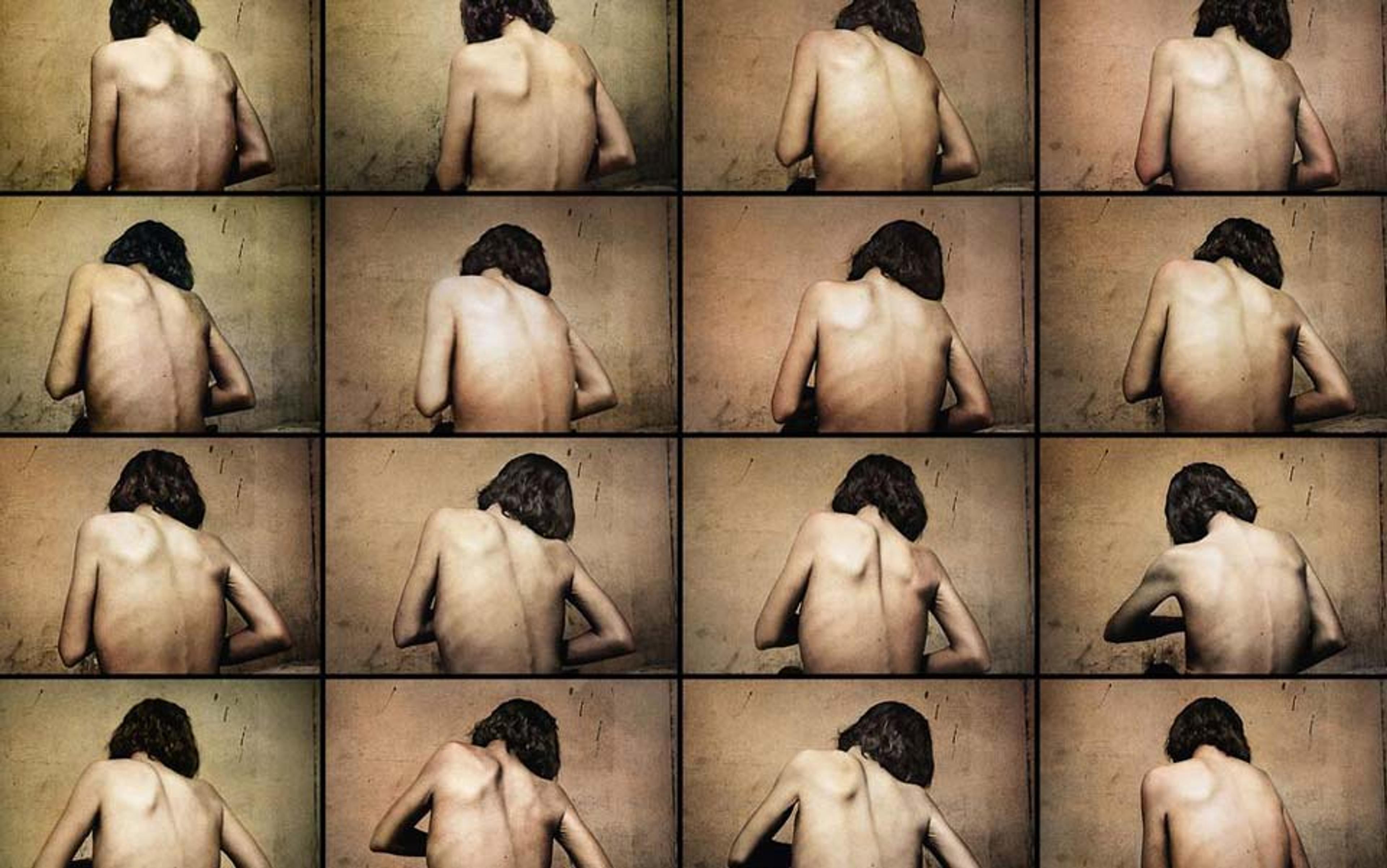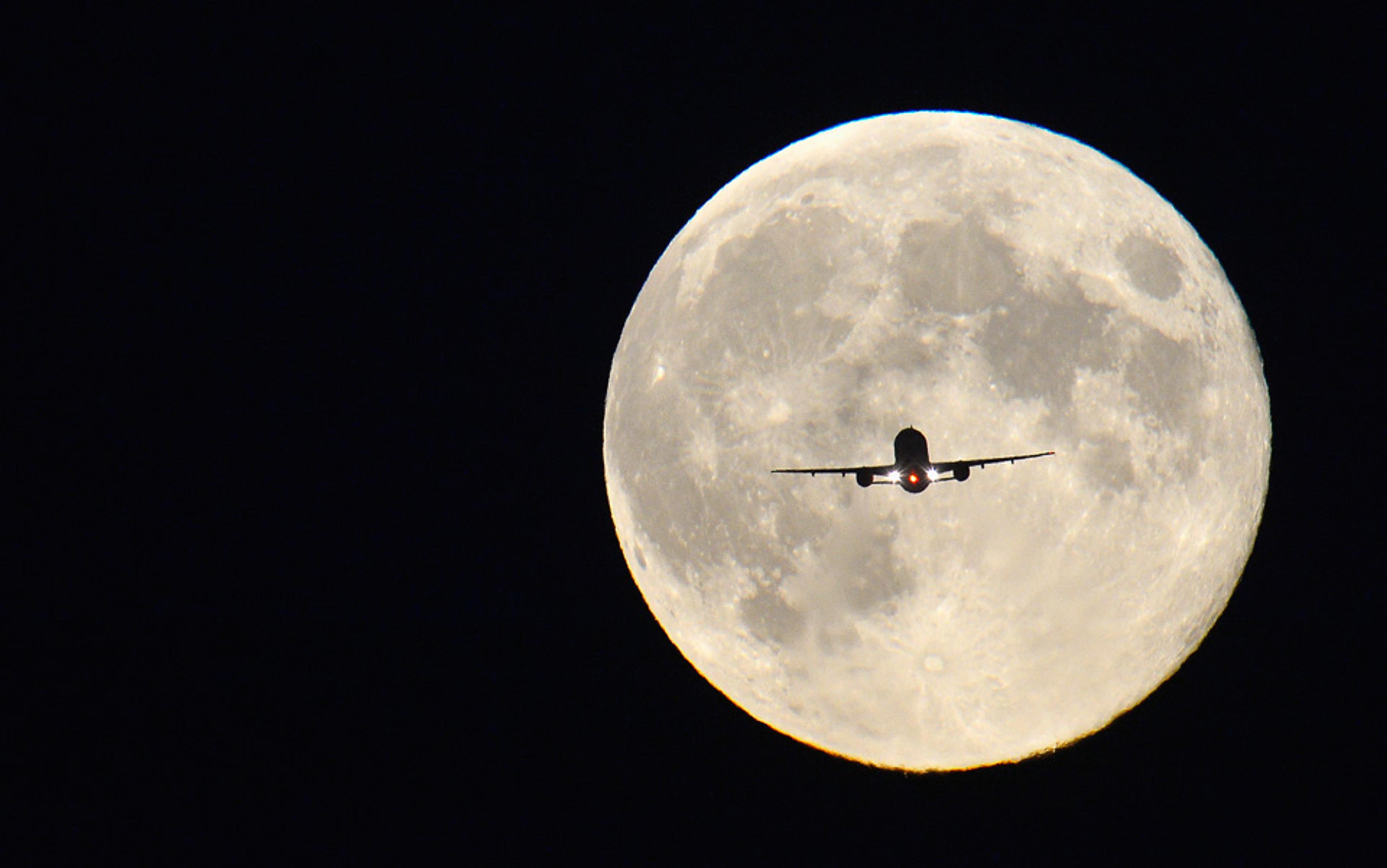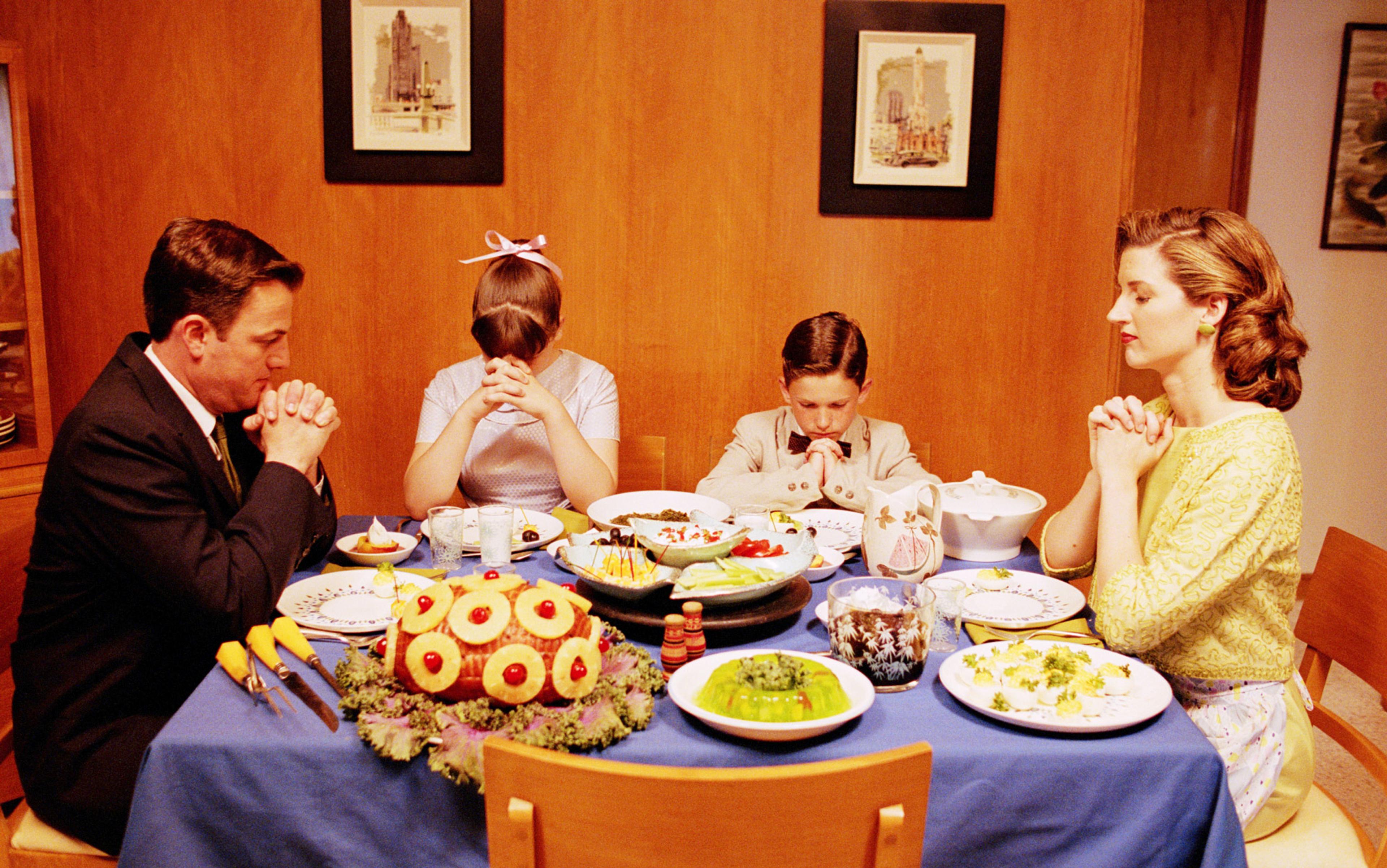It all began in March last year when I read an article by Steve Hendricks in Harper’s magazine titled ‘Starving Your Way to Vigour’. Hendricks examined the health benefits of fasting, including long-term reduced seizure activity in epileptics, lowered blood pressure in hypertensives, better toleration of chemotherapy in cancer patients, and, of course, weight loss. He also mentioned significantly increased longevity in rats that are made to fast. Most interesting was his tale of undertaking a 20-day fast himself, during which he shed more than 20 pounds and kept it off for the two years since. I was fascinated, and I started reading more about fasting afterwards, although at the time I had no intention of doing it myself.
The benefits of fasting have been much in the news again lately, in part due to a best-selling book from the UK that is also making waves in the US: The Fast Diet: Lose Weight, Stay Healthy, Live Longer (2013) by Dr Michael Mosley and Mimi Spencer. Mosley is a BBC health and science journalist who extols the benefits of ‘intermittent fasting’. There are many versions of this type of fasting that are currently the subject of various research programmes, but Mosley settled on the 5:2 ratio — in every week, two days of fasting, and five days of normal eating. Even on the fasting days, one may eat small amounts: 600 calories maximum for men, 500 for women, so about a quarter of a normal day’s intake. Mosley’s claim is that such a ‘feast or famine’ regime closely matches the food consumption patterns of pre-modern societies, and our bodies are designed to optimise such eating. Drawing on various research projects studying intermittent fasting and weight loss, cholesterol levels and so on, he argues that even after quite short periods of fasting, our bodies turn off fat-storing mechanisms and switch to a fat-burning ‘repair-and-recover’ mode. Mosley says that he himself lost 20lbs in nine weeks on the diet, bringing his percentage of body fat from 28 to 20 per cent. He says his blood glucose went from ‘diabetic to normal’, and that his cholesterol levels also declined from levels that needed medication to normal. He also says that he feels much more energetic since.
Inspired by Mosley and Hendricks, I delved into research on fasting online, but much of what I found was pseudoscientific drivel about getting rid of mysterious and unnamed toxins in the body. Recommendations for fasting were often coupled with such staples of alternative-medicine junk-science as colonic irrigation and worse. But I happen to be a mild hypertensive myself and for various reasons have been off my blood pressure medication for a couple of months. I thought I might try fasting as an experiment, to see if it made any difference to my blood pressure, but also out of sheer curiosity about what the experience would be like. My wife, who had also read Hendricks’s article in Harper’s, said she would try it, too
We decided on a seven-day fast — somewhere between Hendrick’s experience and Mosley’s recommendation. The plan was to go a full week without eating or drinking anything except water. Lest our bodies react to this insult by trying to slow down our metabolisms, and we end up just lying around and not getting anything useful done all week, we also planned to stay energetic by engaging in vigorous physical exercise for at least a couple of hours daily during the fast. Neither one of us had ever done anything of the sort before.
Since my wife had a week’s break in February from her work as a schoolteacher, we decided to try our fast then. Our preparation was pretty minimal. I would keep a journal in which I would record my weight, blood pressure, activities and, several times a day, just note how I was feeling. We bought some emergency supplies in case one or both of us ended up feeling ill or fainting: some energy drinks, a couple of bars of Swiss milk chocolate, some fruit, and some bread and cheese, and put them in the refrigerator. My wife also told me to stop locking the bathroom door from the inside, just in case she needed to rescue me.
If my wife asked me a question, it took about five seconds for it to register and another five before I could formulate and deliver a reply
On our final day before beginning, we measured our weight, blood pressure, pulse rate, and waist size. My wife and I don’t normally eat breakfast (she has a cup of coffee and I drink a Coke Zero — yes, yes, I know it’s bad) but that day we had a light lunch and in the evening we had an early dinner of chicken, potatoes, broccoli, cauliflower, and brown rice. And some chocolate pudding. And then we stopped eating.
The scientific data on the benefits of fasting are still thin and far from conclusive: you can find a useful summary in a recent article on intermittent fasting by David Stipp in Scientific American (11 January 2013). Mark Mattson, head of the National Institute on Aging’s neuroscience laboratory, thinks it is possible that fasting is a mild form of stress that stimulates the body’s cellular defences against molecular damage. And even intermittent fasting can increase the body’s sensitivity to insulin, thereby decreasing the risks of diabetes and heart disease. A study conducted at the Salk Institute on mice has shown that, even when allowed to gorge on fatty foods for eight hours a day, those mice maintained a normal weight and insulin levels so long as they were fasting the rest of the time. Another study led by Mark Mattson in 2007 showed significant reduction in both asthma symptoms and indications of inflammation in humans through long-term alternate-day fasting. Some nutritionists are sceptical, and especially worry about the dangers of compensatory overeating in the times one is not fasting. In a 2010 study, also at the National Institute for Aging, fasting rats mysteriously developed stiff heart tissue, reducing their hearts’ ability to pump blood. Though, in general, caloric restriction by 30 to 40 per cent has repeatedly been shown to extend lifespan significantly in various animals including fruit flies and rodents, it is not yet clear what long-term effects such dietary regimes have in primates. Even if we don’t yet have enough data for clear conclusions, there was enough material from my research to intrigue me to try it for myself.
Our weeklong fast was a little unusual as we also engaged in strenuous exercise every day. Sometimes a little too strenuous: one day we did a 14km (8.6 mile) trek through Alpine snow at a place called the Rodenecker Alm near Italy’s border with Austria. This was almost four hours of climbing and descending after three days of total fasting, and it left us quite exhausted and sore. But the odd thing was that to both of us it actually felt easier in this fasting state than it would have under normal conditions. So one does indeed seem to have a lot of physical energy while fasting, as Mosley has argued.
Things were not perfect, however. My wife had to break the fast at the end of day six (at my strong urging) because she neither felt nor looked well. I did make it through the whole seven days without any physical problems but I was psychologically exhausted by the end of it and euphoric that it was over. In everything that I had read about fasting, days two to four were supposed to be the most difficult. I had also worried about getting headaches or other physical discomfort (stomach cramps, dizziness, etc), and especially about being unable to get restful sleep: I thought I might be awakened by hunger pangs. As it happens, none of those troubled me. Which isn’t to say it wasn’t an odd experience.
First of all, every single one of the seven days felt exactly the same: mornings were completely fine and I felt pretty much as I normally do until about lunchtime. I tried to pack in any work, especially work that required mental concentration, into this period of each day. After midday, I became a little fidgety and found it hard to concentrate on anything. I had much more than usual amounts of physical energy and did all kinds of household chores happily, such as defrosting and cleaning the refrigerator one afternoon (anyone who knows me will testify that this is highly unusual behaviour). But my mind flitted from one thing to the next, and my reactions were slowed down very noticeably by evening. If my wife asked me a question, it took about five seconds for it to register and another five before I could formulate and deliver a reply. In fact, I became decidedly cognitively impaired: one day after taking a shower and shaving, I applied aftershave lotion to my face and noticed that it didn’t have the mild sting it usually does. That is when I realised I had not actually shaved. I just thought I had.
So the days were hazy at times, but very bearable. Not so the evenings. By far the worse time was between 6pm and 10pm in the evenings. It was in this window every day that my wife and I both felt a physical and mental unease resulting in great difficulty in just passing the time. We tried to watch TV or movies but it was hard, and the evening seemed strangely empty.
If you are trying to solve problems in the theory of quantum gravity, it’s probably best to get some food down
In fact, the biggest surprise was just how much more time we had on our hands. I was struck by how much of the day I normally spend attending to my digestive needs: thinking about what I would have for lunch or dinner; shopping for groceries (which we do almost daily); cooking — in my case, elaborate Pakistani meals most evenings; then actually eating, washing dishes, cleaning up, even moving one’s bowels. Eliminating the simple act of eating frees up much more time than you’d think. In addition to the couple of hours of daily exercise we kept up throughout, we took long walks in the mountains (we live in the Alps), did crosswords (rather slowly), surfed the net and fooled around on Facebook, and we still always had more time to fill. I realised that meals provide needed punctuation to the day, and without them our days seemed strangely lacking in structure.
So what about the medical benefits? In the end, both throughout and after the fast, my blood pressure remained at exactly the same, slightly elevated level it had been before I started. So much for controlling it by fasting, at least for me. I lost 11lbs (5kg) over the week and gained 7lbs (3kg) back within three days. The other significant thing I noticed, as many others have too, was the reduction of libido to absolutely nothing. I had no sexual thoughts all week, which was not an entirely unwelcome (though thankfully temporary) break from the usual. I experienced a phenomenal increase in physical energy but at the expense of a lack of mental concentration. So if you need to lose some weight and also need to dig some ditches this week, fasting might be just the thing. On the other hand, if you are trying to solve problems in the theory of quantum gravity, it’s probably best to get some food down. These effects lasted only while I was actually fasting: one day after breaking the fast, I felt completely normal, with the same appetite and level of physical energy as usual. At this point, I should remind my gentle reader that my weeklong experiment had the grand sample size of one (two, if you count my wife) and so should be taken for what it is: just my personal experience of fasting, not a scientific study.
Did I feel any different from normal in the days immediately after the end of the fast or since? No, not really. Would I do it again? I doubt it. Though it was fun in its own peculiar way. Well … maybe. But I think I’ll at least wait for more controlled clinical evidence to come in.
